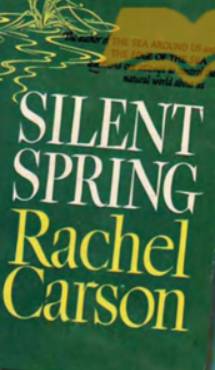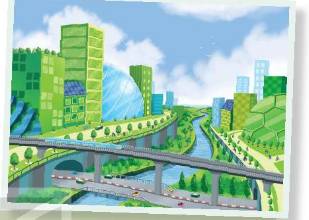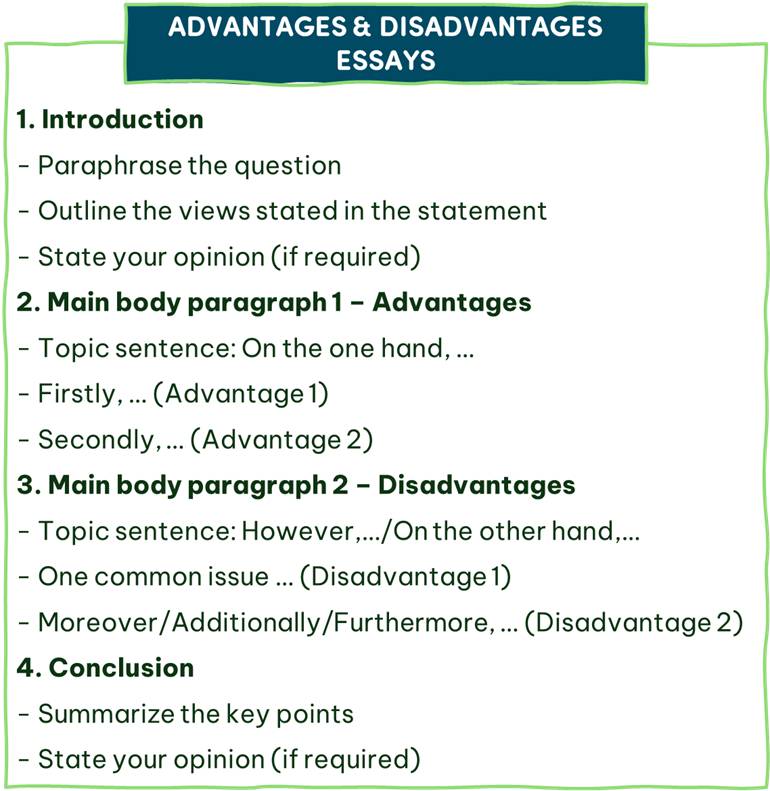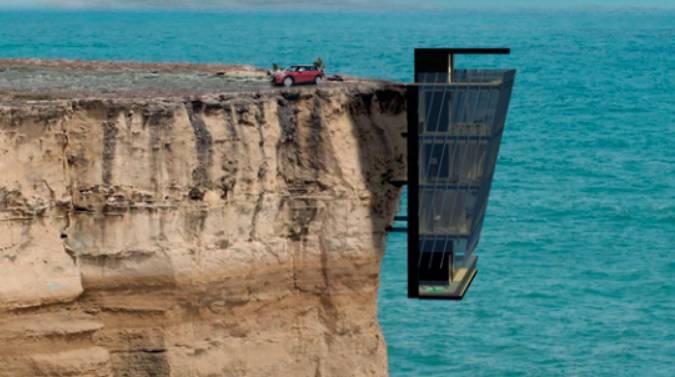Hãy nhập câu hỏi của bạn vào đây, nếu là tài khoản VIP, bạn sẽ được ưu tiên trả lời.

It's possible that the green color on the cover represents nature or the environment, which is a central theme of the book. I can also see a river on the left of the book. I guess this book is about protecting the environment

Yes, I would like to participate in the ASEAN School Tour Programme.
Participating in the ASEAN School Tour Programme could be a great opportunity for students to learn about ASEAN and its member countries, as well as to promote cultural exchanges and understanding. It could also be a chance for students to meet and interact with peers from different countries and backgrounds, which could broaden their perspectives and help them develop important interpersonal skills.
On the other hand, some students may not be interested in participating in the programme due to various reasons such as financial constraints, lack of time, or lack of interest in the topic. Additionally, some students may prefer other types of cultural exchange programmes or educational activities that suit their personal interests and learning styles better.

Yes, I would like to live in a smart and sustainable city because it would provide me with a better quality of life. I believe that the use of modern technologies and eco-friendly infrastructure would make the city more efficient, reduce pollution, and provide more green spaces.

1.
Future cities are likely to be more technologically advanced and densely populated than they are today.
(Các thành phố trong tương lai có thể sẽ có công nghệ tiên tiến hơn và đông dân cư hơn so với hiện nay.)
They may also be more sustainable, with green spaces and renewable energy sources.
(Chúng cũng có thể bền vững hơn, với không gian xanh và các nguồn năng lượng có thể tái tạo.)
There may be a greater focus on public transportation and walkability, rather than car-centric design.
(Có thể có sự tập trung nhiều hơn vào giao thông công cộng và khả năng đi bộ hơn là thiết kế tập trung vào ô tô.)
2.
Yes, I think future cities will be smarter and more sustainable.
(Vâng, tôi nghĩ các thành phố trong tương lai sẽ thông minh hơn và bền vững hơn.)
Technology will play a key role in optimizing resource usage, reducing waste, and improving efficiency.
(Công nghệ sẽ đóng một vai trò quan trọng trong việc tối ưu hóa việc sử dụng tài nguyên, giảm lãng phí và nâng cao hiệu quả.)
There is also a growing awareness of the need to reduce our impact on the environment, and sustainability will be a key consideration in urban planning and development.
(Ngoài ra còn có nhận thức ngày càng tăng về nhu cầu giảm tác động của chúng ta đối với môi trường và tính bền vững sẽ là yếu tố chính được xem xét trong quy hoạch và phát triển đô thị.)

Living in a smart city brings many benefits and disadvantages. In this article, I will present some pros and cons of living in a smart city.
The first advantage of living in a smart city is convenience. Information and communications technology is integrated into urban systems, helping to provide public services more effectively. For example, through mobile applications, people can easily search for information about transportation, destinations, and entertainment activities. Furthermore, the smart traffic system helps reduce congestion and save travel time.
Another advantage of smart cities is energy saving and environmental protection. Advanced technologies are applied to manage and use resources effectively. For example, automatic lighting and temperature regulation in buildings help save energy. In addition, the use of smart public transport and self-driving cars helps reduce polluting emissions.
However, living in a smart city also has disadvantages. One of them is the issue of information security. With the widespread use of information technology, the risk of personal information insecurity and privacy violations increases. This requires strong security measures to ensure the safety of people's personal data.
Another drawback of smart cities is their dependence on technology. If technology systems fail or are attacked, public services could be disrupted. This poses challenges for maintaining stability and ensuring security of smart cities.
In short, living in a smart city brings many benefits such as convenience and energy savings. However, it is also necessary to pay attention to information security issues and dependence on technology. To make the most of the advantages and minimize the disadvantages, smart investment and management from city managers is needed.

Come see this unique and modern house built on a cliff overlooking the ocean. The house has a spacious interior with stunning glass and metal design that perfectly complements the natural rock formation. And the view is extremely spectacular, with unobstructed views of the endless ocean. You won't find another house quite like this one, so come and see it for yourself.
Tạm dịch:
Hãy đến xem ngôi nhà độc đáo và hiện đại này được xây dựng trên một vách đá nhìn ra biển. Ngôi nhà có nội thất rộng rãi với thiết kế bằng kính và kim loại tuyệt đẹp bổ sung hoàn hảo cho sự hình thành đá tự nhiên. Và góc nhìn thì rất ngoạn mục, với tầm nhìn không bị cản trở ra đại dương vô tận. Bạn sẽ không tìm thấy một ngôi nhà nào khác giống như ngôi nhà này, vì vậy hãy đến và tự mình xem nó.





Bài tham khảo
Group work has both advantages and disadvantages. While some people believe that working alone is better because it allows them to focus on their work without distractions, others prefer working in a group as it offers the opportunity to exchange ideas and learn from others.
Looking at the photo, it seems like these three people are enjoying themselves while rock climbing together. They may be talking, but they are also supporting each other and sharing their experiences. In this case, working in a group can be beneficial as each person can bring different skills and strengths to the activity. Additionally, if one person faces a problem or challenge, others in the group can help and offer solutions.
However, it is true that working in a group can sometimes lead to distractions and unnecessary talking, which can hinder productivity. In such situations, it is important for the group to set clear goals and rules for communication to ensure that everyone stays on track and focused on the task at hand.
In conclusion, whether it is better to work alone or in a group depends on the task and individual preferences. For activities that require collaboration and sharing of ideas, working in a group can be beneficial. However, for tasks that require individual concentration and focus, working alone may be more appropriate.
Tạm dịch
Làm việc nhóm có cả ưu điểm và nhược điểm. Trong khi một số người tin rằng làm việc một mình tốt hơn vì nó cho phép họ tập trung vào công việc mà không bị phân tâm, những người khác lại thích làm việc theo nhóm vì nó mang lại cơ hội trao đổi ý kiến và học hỏi từ những người khác.
Nhìn vào bức ảnh, có vẻ như ba người này đang rất vui vẻ khi cùng nhau leo núi. Họ có thể đang nói chuyện, nhưng họ cũng đang hỗ trợ lẫn nhau và chia sẻ kinh nghiệm của họ. Trong trường hợp này, làm việc theo nhóm có thể có lợi vì mỗi người có thể mang đến những kỹ năng và thế mạnh khác nhau cho hoạt động. Ngoài ra, nếu một người gặp phải vấn đề hoặc thách thức, những người khác trong nhóm có thể giúp đỡ và đưa ra giải pháp.
Tuy nhiên, đúng là làm việc theo nhóm đôi khi có thể dẫn đến mất tập trung và nói chuyện không cần thiết, điều này có thể cản trở năng suất. Trong những tình huống như vậy, điều quan trọng là nhóm phải đặt ra các mục tiêu và quy tắc giao tiếp rõ ràng để đảm bảo rằng mọi người luôn đi đúng hướng và tập trung vào nhiệm vụ hiện tại.
Tóm lại, làm việc một mình hay theo nhóm tốt hơn tùy thuộc vào nhiệm vụ và sở thích cá nhân. Đối với các hoạt động đòi hỏi sự hợp tác và chia sẻ ý tưởng, làm việc theo nhóm có thể mang lại lợi ích. Tuy nhiên, đối với những nhiệm vụ đòi hỏi sự tập trung và tập trung của cá nhân, làm việc một mình có thể phù hợp hơn.